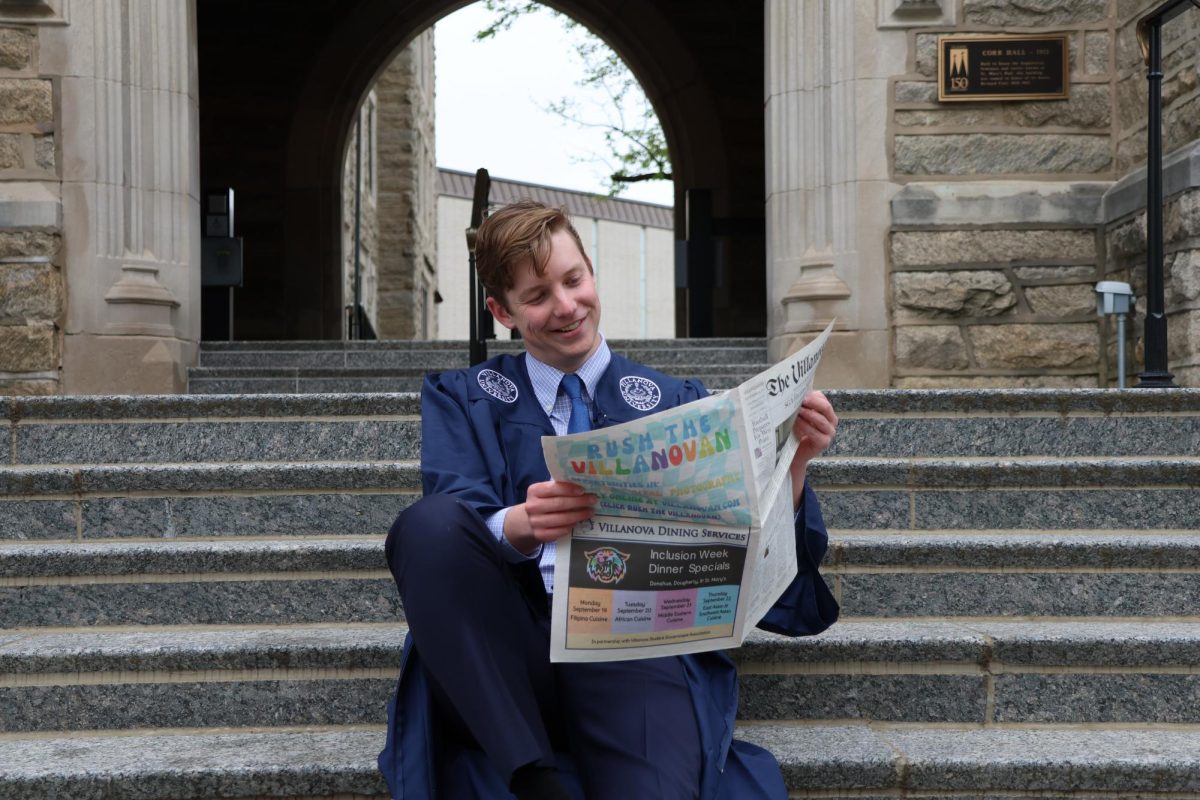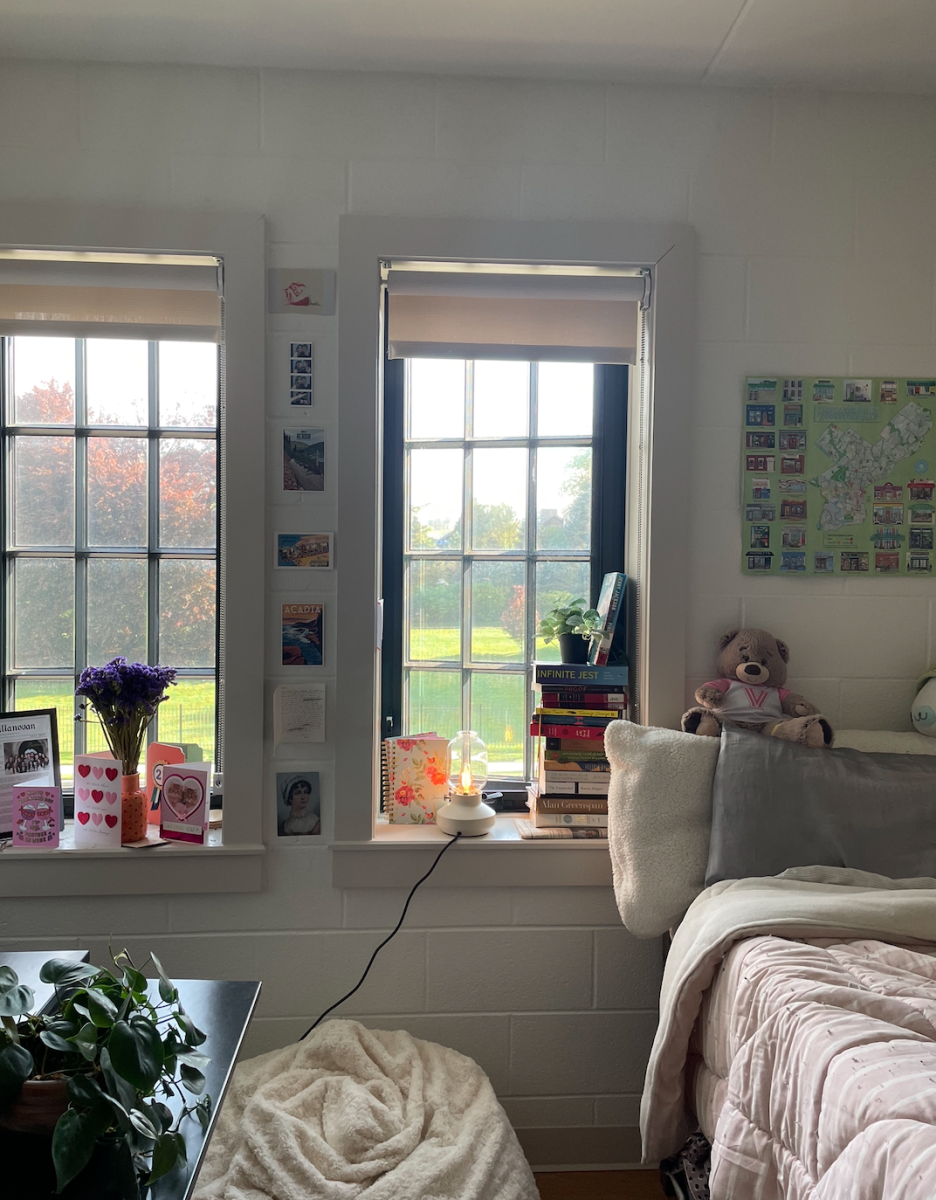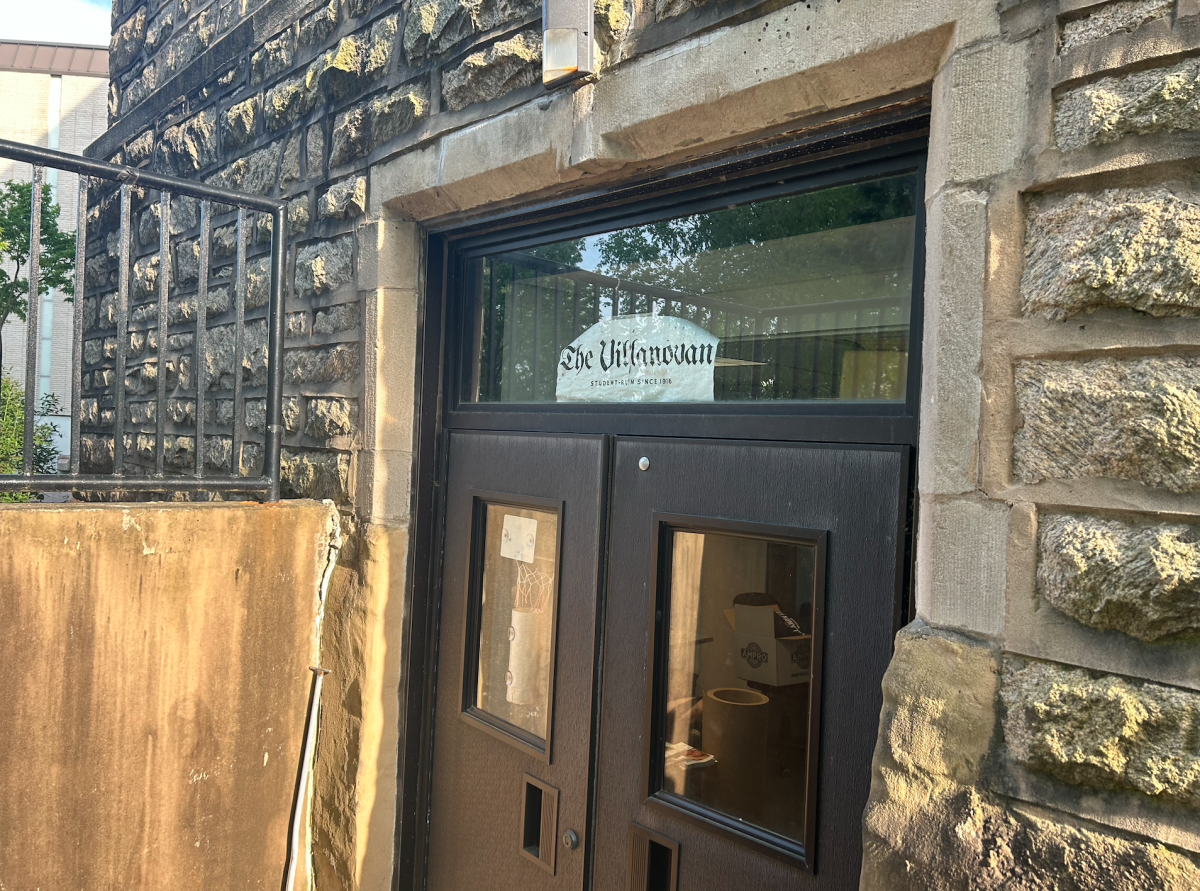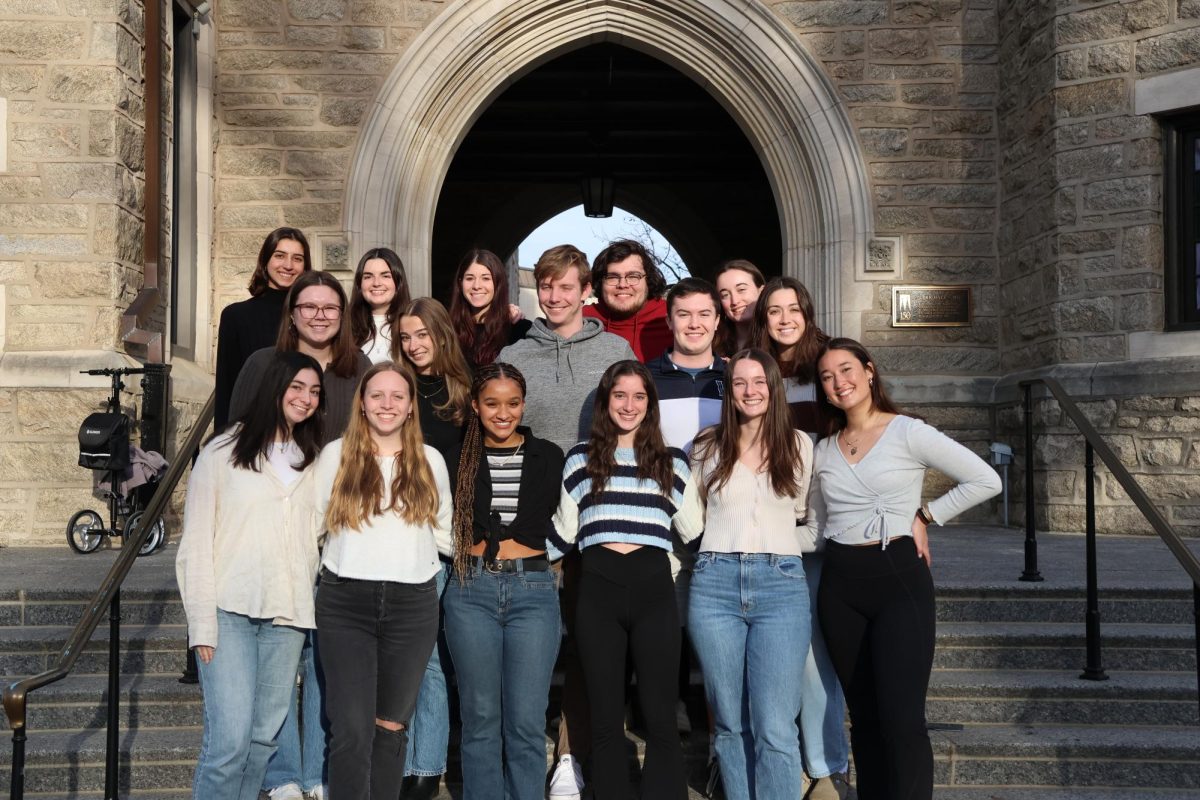With 485 million native speakers, many of whom live in or are immigrating to the United States, knowing how to speak Spanish is more important than ever. Villanova recognizes this, offering a wide variety of courses and experiences to enrich students’ learning experiences.
The study abroad program is one of these, specifically their class offering called “Spanish Language and Indigenous Sustainability in Mérida, Yucatán, México.” The summer program provides an immersive experience for passionate students, regardless of their major.
Junior Ava Gjersten, who participated in the program, explained the reservations and rewards of her experience.
“It was my first time leaving the country, so I was pretty nervous, especially because I didn’t know a ton of Spanish,” Gjersten said.
“But I learned so much during my time there that I am pretty good at it now.”
She described being initially nervous about staying with a host family, even requesting to be paired with another student. This was promptly denied. Professor Raul Diego Rivera Hernandez explained why.
“We know that if we allow students to stay together, they will speak English the entire time, instead of conversing in Spanish with the host family,” Hernandez said.
Despite what may have initially seemed to be an uncomfortable experience, Gjertsen bonded with her host family and had a wonderful time. “I miss my host family so much, we still text,” Gjertsen said.
Hernandez and other students who had previously experienced the program addressed the safety concerns that parents inevitably have about their kids going abroad.
In fact, Mérida was ranked in 2019 as the second safest city in North America by Ceoworld Magazine. Female students reported that they felt safer walking together at night in Mérida than they do in Philly.
Students were fully immersed into the culture of Mérida during their stay. “I like the food there so much more than the stuff we have here,” one student who presented at this year’s information session said.
Not only are meals different in content, but in other ways as well. Unlike in the United States, where people tend to have smaller lunches and larger dinners, the people of Mérida have larger lunches and “something small, like toast, for dinner.”
During lunchtime, children come home from school, Villanova students return from their classes and the adults have a break from work to all have a large meal together. Meals tend to be later in the day as well, compared to the United States.
During their stay, students were kept busy not only with their classes, but with trips rich with endless experiences. These included native stingless-bee honey tasting, Maya culinary lessons, medicinal plant workshops, visiting the museum of the Mayan World and a salsa dance lesson.
Students were also introduced to the sustainable practices of the Maya people, who emphasize community based development. This, in particular, is severely under-appreciated by the rest of the world.
For example, the Mexican practice of milpa grows a wide variety of plants without the use of artificial pesticides or fertilizers that tend to have devastating environmental consequences. Conversely, Western agricultural practices tend to deplete the soil of nutrients and upset whole ecosystems.
Study abroad programs like these do an excellent job at synthesizing diverse knowledge and experiences, producing better developed, well-rounded students who are more equipped to handle the challenges of the coming years.






